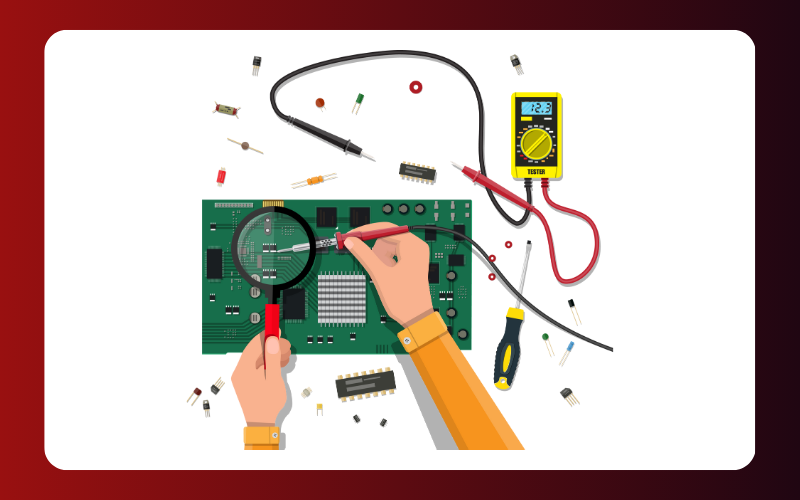Admission Enquiry

A Master of Technology (M. Tech) in Electrical Engineering (EE) is a postgraduate program designed to provide advanced education and training in various aspects of electrical engineering. This program is aimed at individuals who have completed their undergraduate studies in electrical engineering, electronics engineering, or a related field and wish to deepen their knowledge and expertise in specific areas of EE.
The curriculum of the M. Tech in EE program covers a wide range of subjects, including advanced courses in power systems, control systems, electronics, communication systems, renewable energy, and electric drives. Students have the opportunity to specialize in one or more of these areas based on their interests and career goals.
Throughout the program, students delve into theoretical concepts, advanced principles, and emerging technologies in electrical engineering, gaining a deep understanding of the fundamental principles and methodologies used in the analysis, design, and implementation of electrical systems, devices, and technologies. They explore topics such as power generation, transmission, and distribution; electrical machines and drives; signal processing and communication; and renewable energy systems.
Moreover, the program emphasizes practical application and hands-on experience through laboratory sessions, project work, internships, and seminars. Students have access to state-of-the-art laboratory facilities, experimental setups, and simulation software for experimentation, prototyping, and research, enabling them to gain practical experience with cutting-edge technologies and tools used in industry and academia.
Furthermore, students have the opportunity to work on research projects under the guidance of faculty members and industry experts, contributing to advancements in electrical engineering knowledge and technology. They may also have the option to undertake internships or industrial training programs to gain practical experience and exposure to real-world engineering challenges and practices.
Upon completion of the M. Tech in EE program, graduates are well-equipped to pursue diverse career opportunities in various sectors such as power generation, distribution, and transmission; renewable energy; telecommunications; electronics; automation; and control systems. They may work as power engineers, control engineers, electronics engineers, communication engineers, renewable energy specialists, project managers, or researchers, contributing to the design, development, and deployment of innovative electrical engineering solutions that address societal needs and contribute to sustainable development and economic growth.
Copyrights © 2024 NIILM UNIVERSITY. All rights reserved.